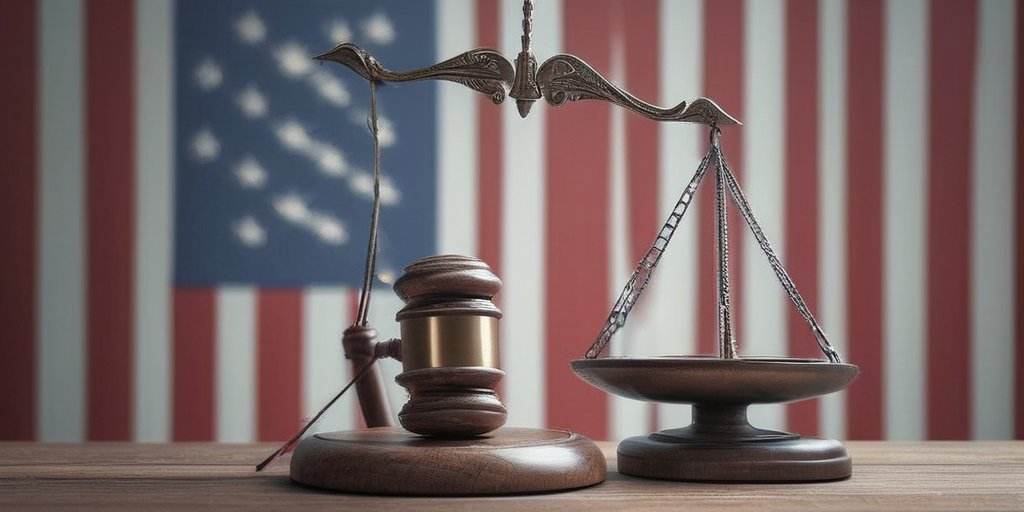In a significant ruling, the US Supreme Court has empowered President Donald Trump to end deportation protections for approximately 350,000 Venezuelans currently residing in the United States. This decision marks a pivotal moment in Trump’s ongoing efforts to reshape U.S. immigration policy through the judiciary.
The Temporary Protected Status (TPS) provides legal residency and work permits to individuals from countries experiencing dire conditions such as conflict or natural disasters. Venezuelans were granted TPS in 2021, primarily due to the humanitarian crisis engulfing their homeland—a crisis that has seen nearly eight million nationals fleeing since 2014.
With the Supreme Court’s recent order, the protections which were previously maintained under a lower court’s ruling in California have been lifted, enabling the Trump administration to move forward with plans to revoke TPS. Earlier this year, Homeland Security had indicated that these protections would be terminated by April 2025, well before they were initially set to expire in October 2026.
Alejandro N. Mayorkas, then-Secretary of Homeland Security, had expressed that this decision came in light of extraordinary conditions faced by Venezuelans, emphasizing issues like rampant hunger, non-state armed group activity, and deteriorating infrastructure.
Legal representatives for the government highlighted that previous court rulings had impeded the Executive Branch’s authority regarding immigration laws and foreign affairs. Conversely, advocacy groups for TPS holders expressed deep concern over the ruling, describing it as possibly the most significant removal of immigration status for a group of non-citizens in modern history. Ahilan Arulanantham, representing the affected individuals, labeled the Supreme Court’s lack of detailed reasoning in the ruling as shocking, stressing that the impact of this decision will resonate for many years.
Moreover, this legal battle is part of a larger narrative surrounding Trump’s administration’s immigration policies, which have often oscillated between success and setbacks in various courts. Recently, efforts to eliminate humanitarian parole for several nationalities, including Cubans and Haitians, have also been escalated to the Supreme Court level, indicating ongoing tensions surrounding immigration policy under Trump’s authority.
This ruling aligns with Trump’s strategy to utilize the highest court for implementing significant immigration reforms, a tactic that has both supporters and critics as sentiments surrounding immigration remain polarizing across the United States.
